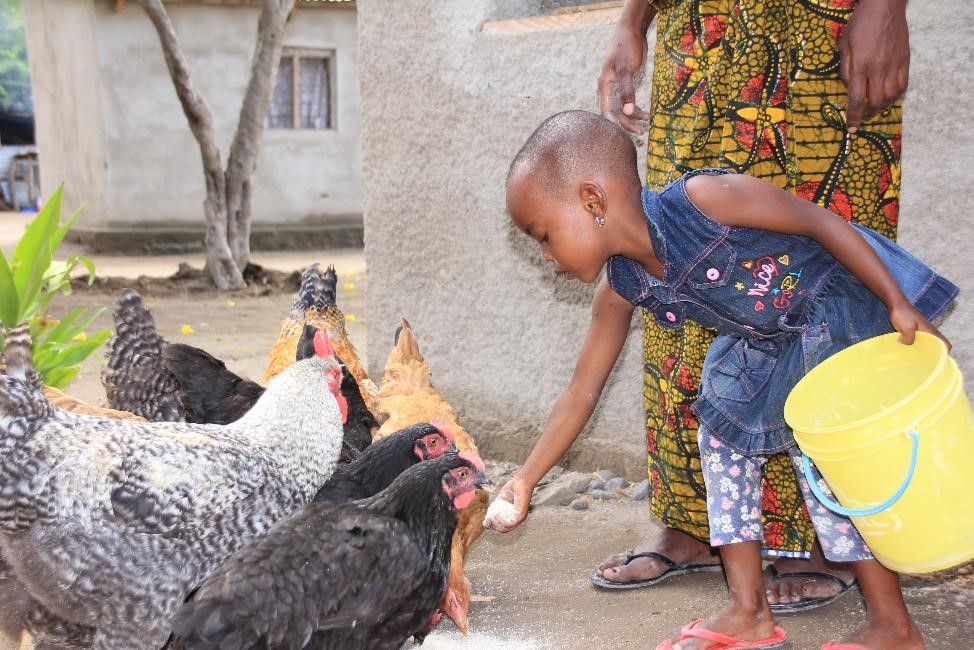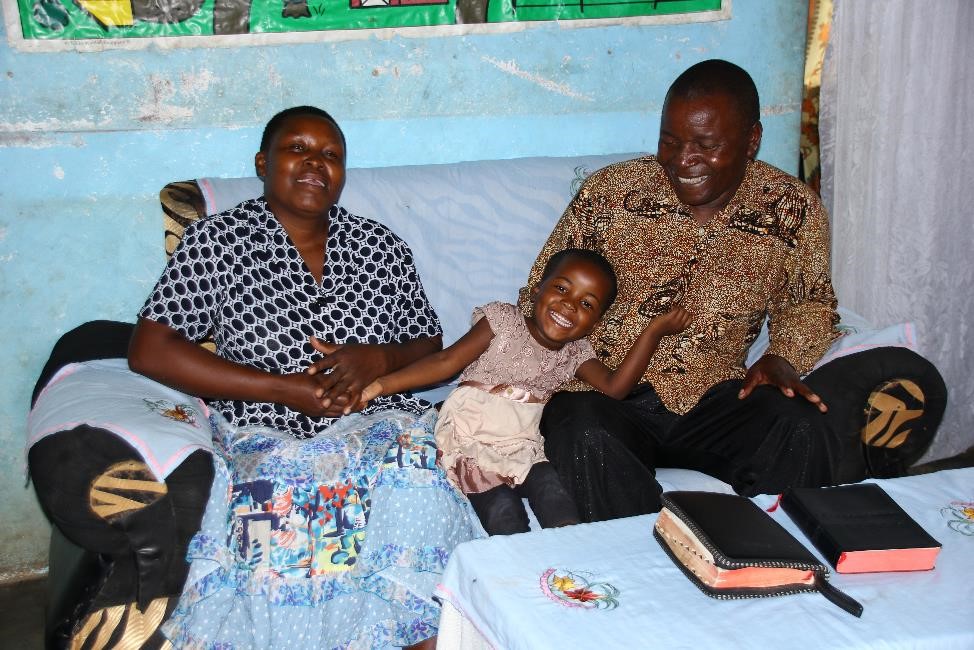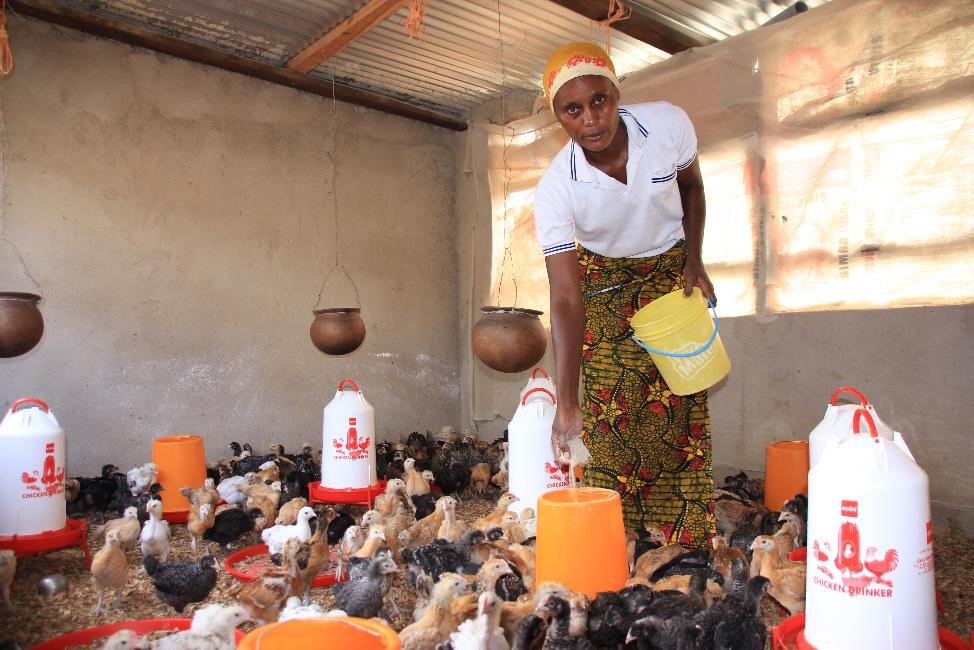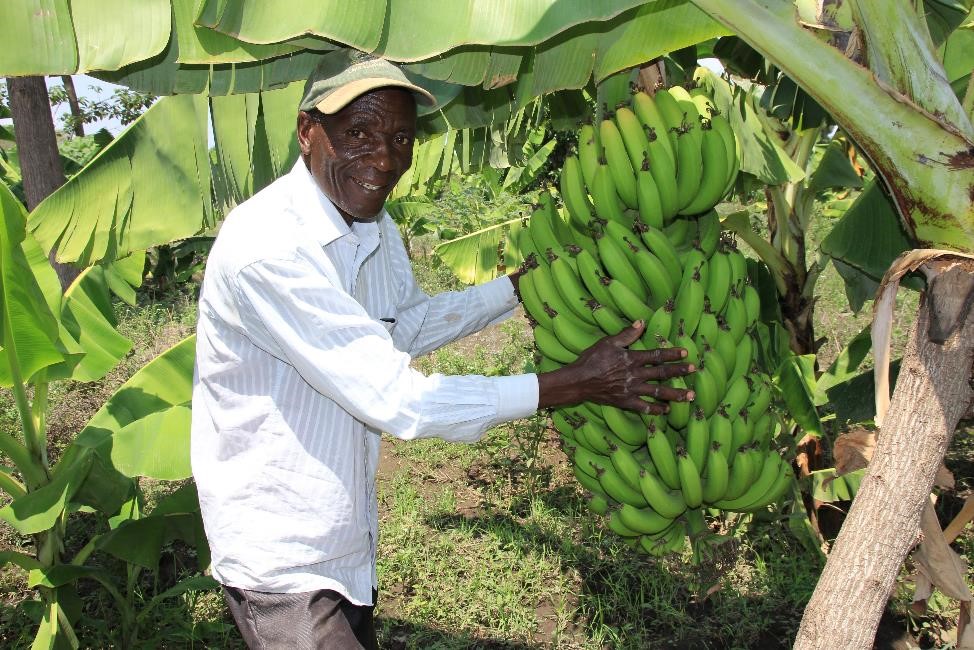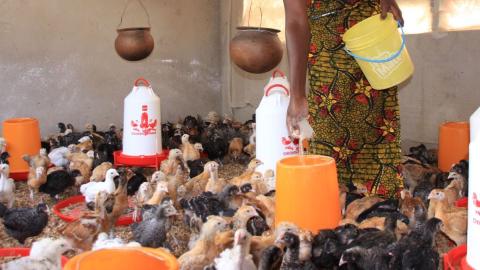
Livelihoods and Resilience
Our Goal
Our goal is that Tanzanian smallholder farmer households provide well for their children through resilient livelihoods.
We are working towards this by:
Increasing household food security and income through on-farm and off-farm activities
Improving sustainable natural resources management
Improving communities’ ability to cope with shocks, stresses, emergencies and vulnerabilities
Promoting mindset transformation through Empowered World View
Improving family relationships
What is the problem?
According to Tanzania Bureau of Statistics, seventy four percent of all Tanzanian children live in multidimensional poverty, using a nationally agreed cut-off threshold of being deprived in 3 or more dimensions, while 29 percent live in households below the monetary poverty line. Deprivation and poverty rates are highest among children 5-13 and 14-17 years of age.as a result Tanzanian communities face lack of ability to provide well for their children as a result of inadequate production and consumption of nutritious food. Low income, unreliable markets and unpredictable shocks and disasters have led farmers and entrepreneurs fail to realize life in its fullness. Also poor rural communities have poor mindset that hinder them from utilizing their potential natural and human resources.
How is World Vision addressing the issues?
We are equipping farmers and vulnerable individuals with skills, technologies and the start-up capital necessary for them to sustainably grow food and/or start income generating activities.
Is what World Vision doing working?
Yes! Though committed staff working with partners and communities, World Vision Tanzania has achieved to build capacities of smallholder farmers in production and consumption of enough and nutritive food. Furthermore, ability of parents and caregivers to provide well for their children has tremendous increased though income generated and mindset transformation and hence realizing life in its fullness.
Our Key Achivements
In 2017, World Vision Tanzania in collaboration with key implementing partners recorded the following positive results;
10,453 farmers were organized into 279 crop producer groups, 85 livestock producer groups, and 42 commercial villages.
1,101 crop producer group farmers were trained in Climate Smart Agriculture.
2,955 farmers were practicing Farmer Managed Natural Regeneration.
2,005 households were introduced to renewable energy technologies and 1,497 households were trained in utilization of fuel-efficient stoves.
379 water pans were excavated.
2,359 hectares of land were marked for land protection.
1,477 savings groups were formed comprising 10,506 members with a total saving of US$1,300,690.
17,144 most vulnerable children received support from savings groups and community care coalitions worth US$71,280.
Livelihoods for children
